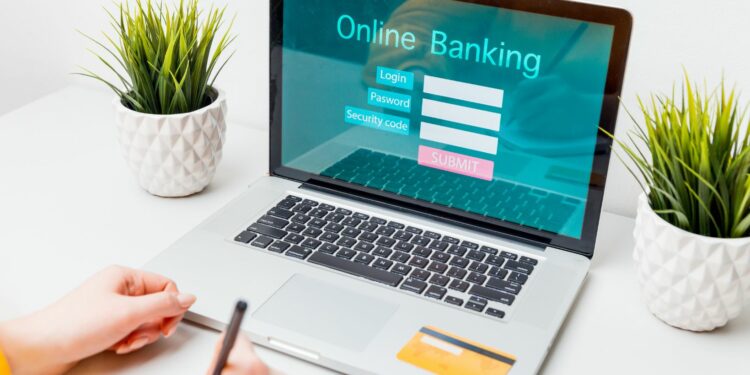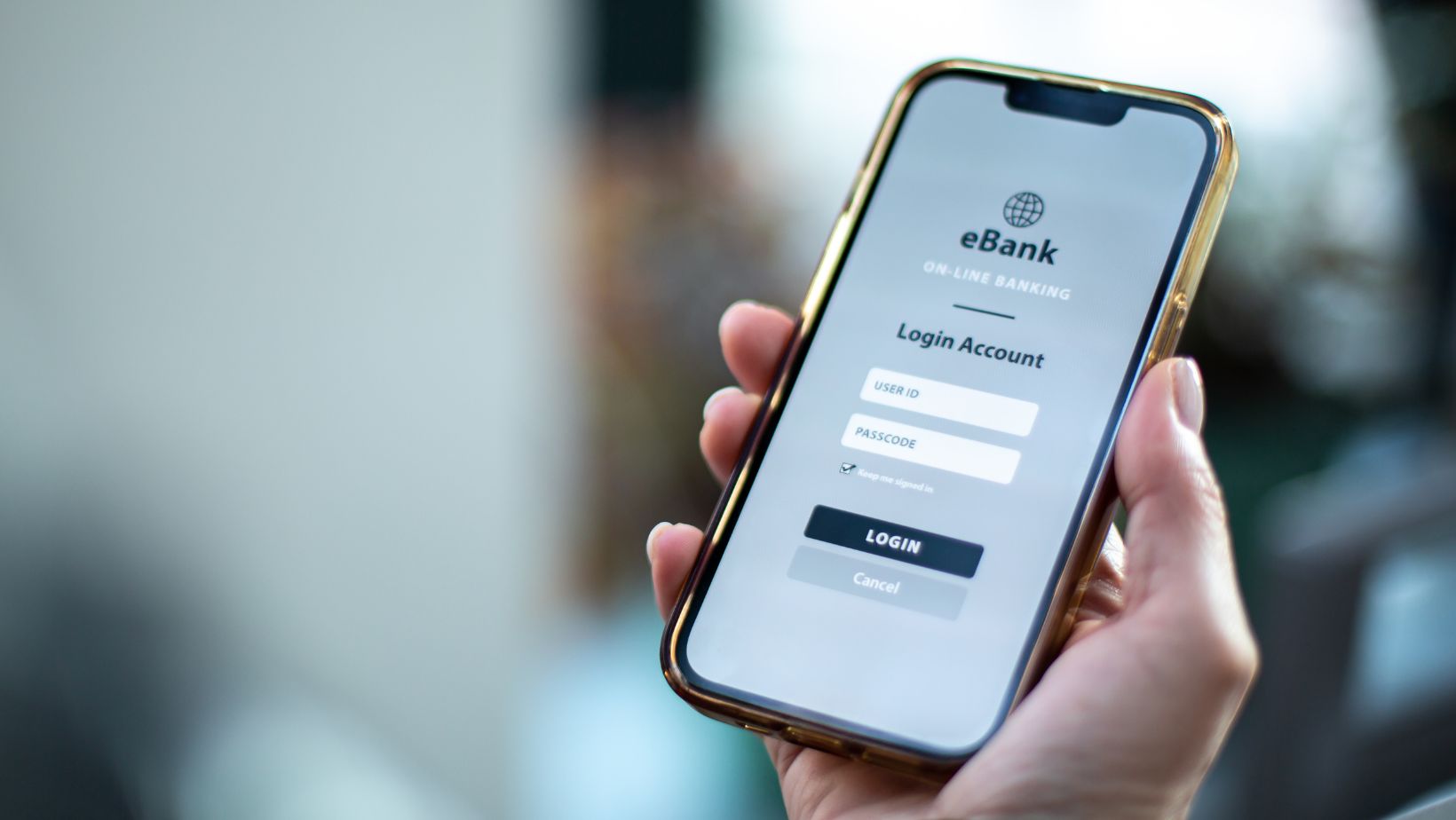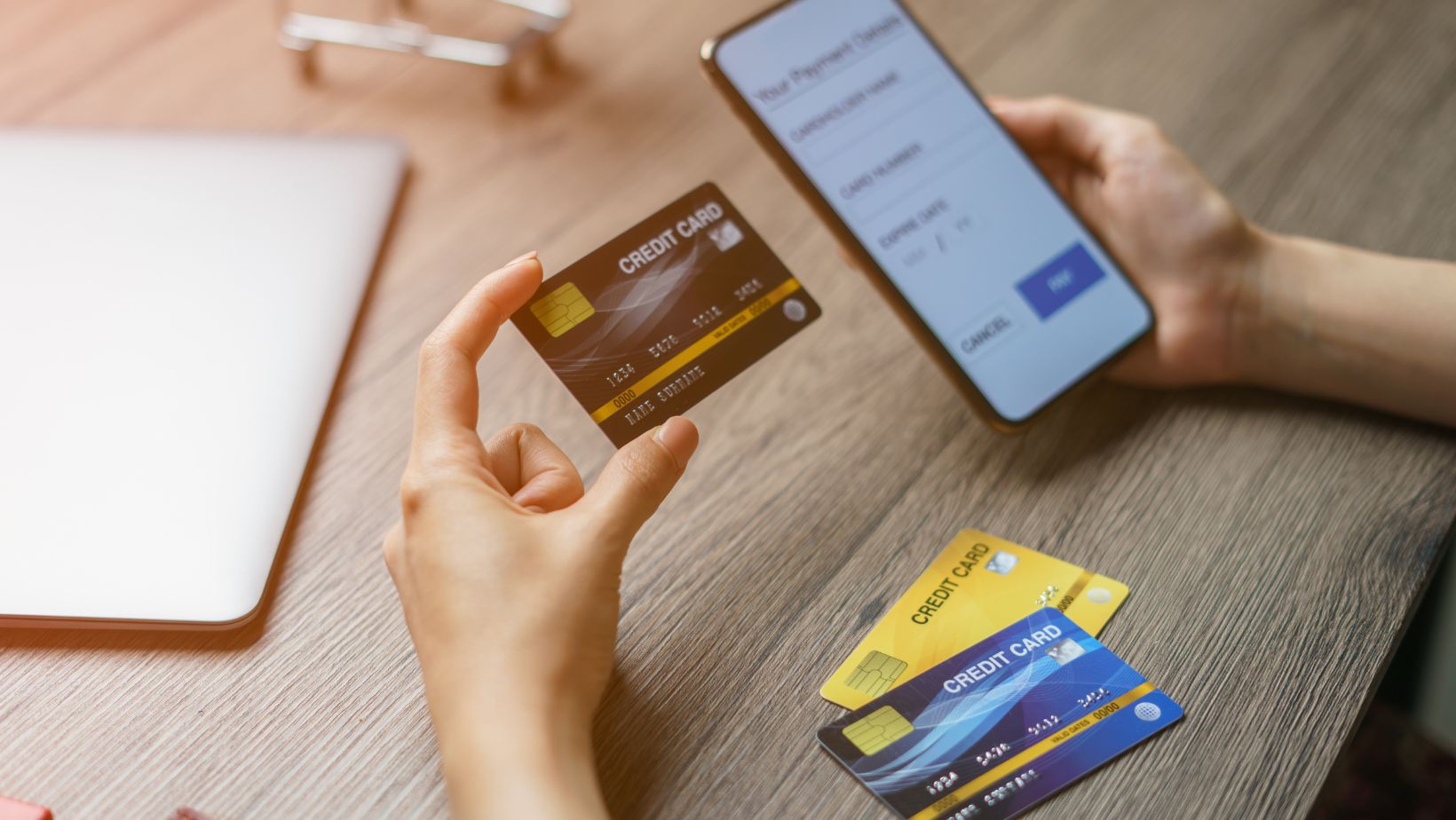Going digital is all well and good until you face scammers, right? If you’ve never been a victim of a hacker attack or find out that your personal information has been in a leak, consider yourself lucky! Nobody wants to go through that nightmare.
But since we are making digital transactions every day, and we spend most of our time online, what is the solution to this problem?
Well, let me tell you, you are not alone in this fight. Banks and financial platforms are your biggest friends in keeping your assets and information safe. Privacy is a big word in today’s digital world, but we need to take it seriously.
We all use Apple Pay where we connect our cards, but is it actually safe? Well, everything is hackable nowadays. Luckily some online banking platforms are changing policies. That’s why if you visit Genome here you can see they are introducing even stricter regulations for Apple Pay services.
When it comes to protecting your online data, you have two options. Do everything in your power to make sure your information is safe online, and hope that these financial institutions are doing their job at protecting your data.
But in order to stay calm, it is important to find out the privacy measures that online banking credit platforms take.
Online Privacy
First things first: why is privacy such a big deal? Well, think of your personal data as the digital equivalent of a secret family recipe.
You wouldn’t want just anyone having access to it, especially if they plan on selling it to the highest bidder. With the rise of online banking, consumers are understandably jittery about how their personal information is being used and protected.
Online privacy should always be taken seriously, even when creating a harmless Facebook profile. According to a study by IBM, the average cost of a data breach in 2023 was $4.45 million. That’s a lot of money.
On top of that cyber threats are on the rise, which is another indicator that these financial institutions need to take action immediately. After all, it is all down to consumer trust. One hacker attack can bankrupt a financial company just because users wouldn’t feel safe anymore.
How Platforms Are Responding
Now that we know that we are dealing with something serious, it’s time to find out what are these digital platforms doing to keep your data safe. Is it enough? Or should you apply your own security measures?
Robust Encryption
First of all, we have encryption. This is not a bulletproof method as we’ve seen on many occasions where hackers managed to decrypt the data that they’ve stole. However, it is a good starting method to filter most of the attacks.
These platforms have end-to-end encryption, which adds a layer of security over the data you allow them to use.
Multi-Factor Authentication (MFA)
One of the best ways to protect yourself from hacker attacks and keep your data safe is by using multi-factor authentication. Yes, I know is boring and involves a few different steps, but trust me, it is worth it and you won’t want to deal with ransomware in the future.
Multi-factor authentication involves two or more ways where you can confirm your identity. In most cases, you enter your password (which can be hacked), but hackers will be hit with another step where a code is sent to your phone or a face ID.
In such case, a hacker needs to have access to both your password and your phone, which is less likely. Plus you wouldn’t worry about data leak from a company since they cannot access your account without second authorization.
AI and Machine Learning
AI isn’t just for making your smartphone’s camera smarter. It’s also being used to detect fraudulent activity. AI can monitor patterns in real time, flagging suspicious activities faster than a teenager can text.
Transparent Privacy Policies
Remember those terms and conditions you always skip? Platforms are making them more user-friendly. They now spell out in human language (not legalese) how your data is used, stored, and protected.
Global Trends in Privacy Protection
Different regions are adopting unique measures to enhance privacy protections:
- Europe: The GDPR has set the gold standard for data protection, with hefty fines for non-compliance. This regulation forces companies to be transparent about data use and gives consumers the right to access their information.
- United States: While the U.S. doesn’t have a federal law as stringent as the GDPR, states like California have enacted laws like the CCPA, giving residents control over their personal data.
- Nigeria: Nigeria is stepping up its game with the Nigeria Data Protection Regulation (NDPR), which requires platforms to conduct Data Protection Impact Assessments and comply with strict data management protocols.
What You Can Do
While platforms are upping their game, there are also steps you can take to protect your privacy:
- Use Strong Passwords: Yes, we’ve all heard it before, but your pet’s name followed by “123” isn’t fooling anyone. Use a mix of letters, numbers, and symbols.
- Regularly Update Software: Those updates aren’t just for adding new emojis. They patch security vulnerabilities that hackers love to exploit.
- Be Skeptical of Phishing Attempts: If an email asks for your password and promises you a million dollars, it’s probably too good to be true.
Looking Ahead
Online banking and credit platforms are working hard to keep your data as secure as Fort Knox, but it’s a constant battle. With technology evolving, platforms must stay ahead of the curve, ensuring that their security measures are as dynamic as the threats they face.
















